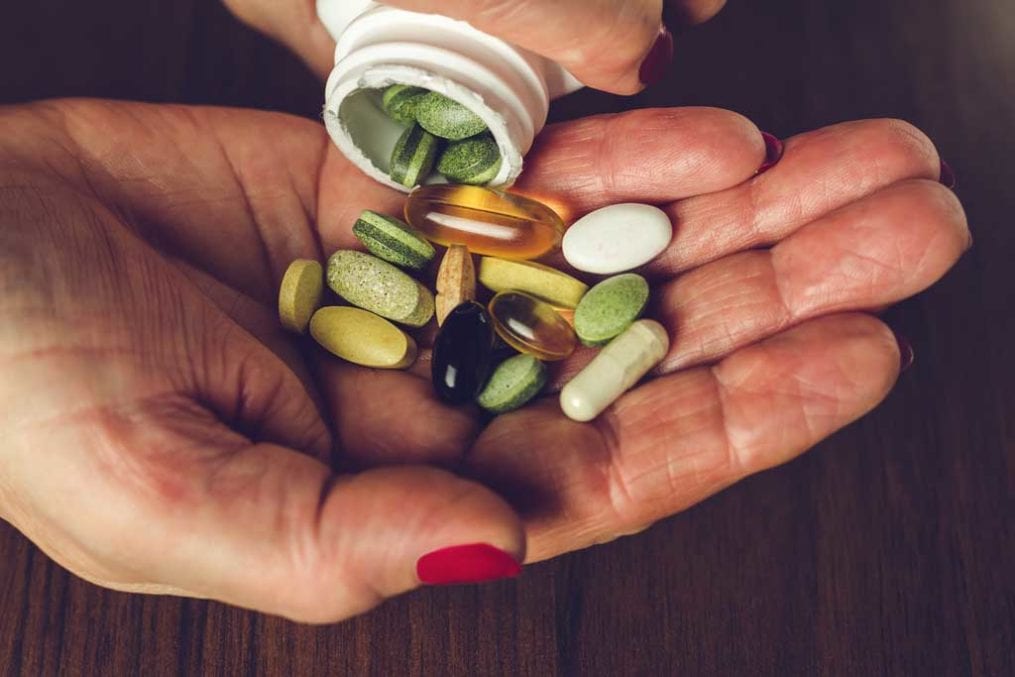What does vitamin D do?

What is it?
Produced by the action of UV light on skin, vitamin D plays a major role in many conditions from immunity to heart disease. Up to 60% of us are deficient in vitamin D owing to lack of sunlight during winter and over-zealous sun care.
What does it do?
Builds bones: A recent research review by the Cochrane Collaboration concluded that vitamin D combined with calcium, especially in childhood, may prevent fractures from osteoporosis later in life.
Boosts energy: A study by Newcastle University found vitamin D supplements can enhance mitochondria activity, the ‘batteries’ inside every cell, boosting energy.
Enhances immunity: the sunshine vitamin regulates the lymphocyte cells of the immune system so protecting against colds and flu, and other infections.
Protects your heart: A Danish study found that those with the highest vitamin D levels were 64% less likely to have heart attacks and 40% less likely to have coronary heart disease.
When do I need it?
Current Public Health England guidelines in regards to vitamin D, recommend a daily dietary intake of 10µg. According to this recommendation, most of the UK population should receive adequate amounts through the spring and summer, through diet and sunlight. However, it’s quite difficult to achieve 10µg of vitamin D through diet alone, so we should consider taking a dietary supplement through the autumn and winter months.
How do I get it?
Eat: Good sources include oily fish, eggs, liver and fortified foods such as cereals, spreads and milk powder.
Soak up the rays: daily sun exposure, minus any sun protection, for around 15 minutes – way before you burn.
Take: Neither diet nor sun exposure during winter supply enough vitamin D, so take a daily D3 supplement. As it’s a fat-soluble vitamin, take it with your main meal, including some fat, to increase absorption.











